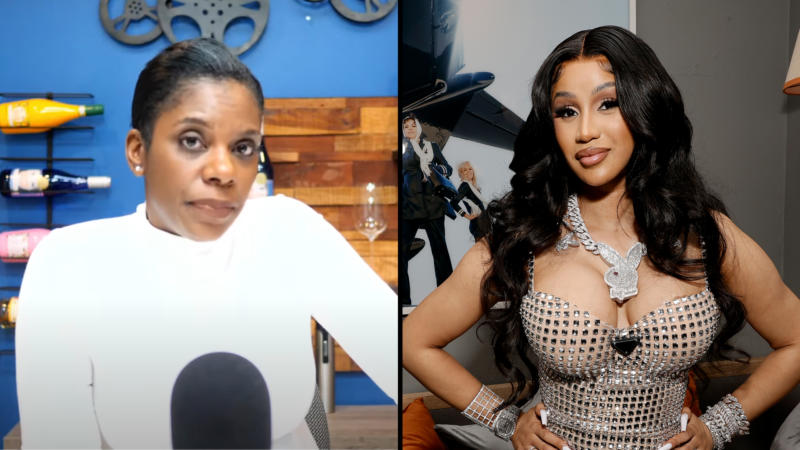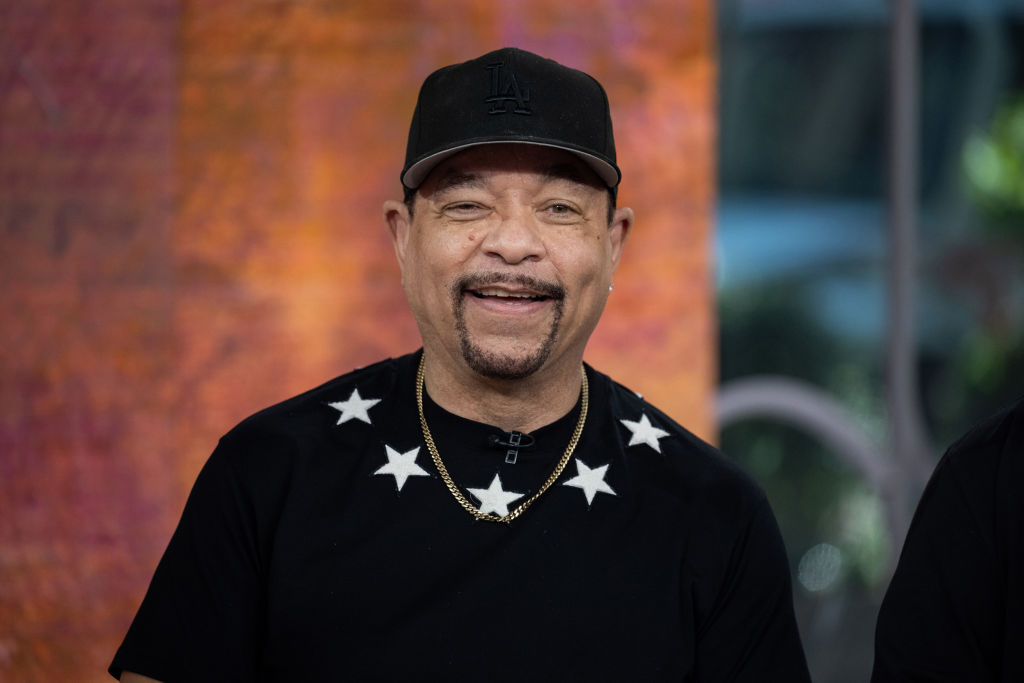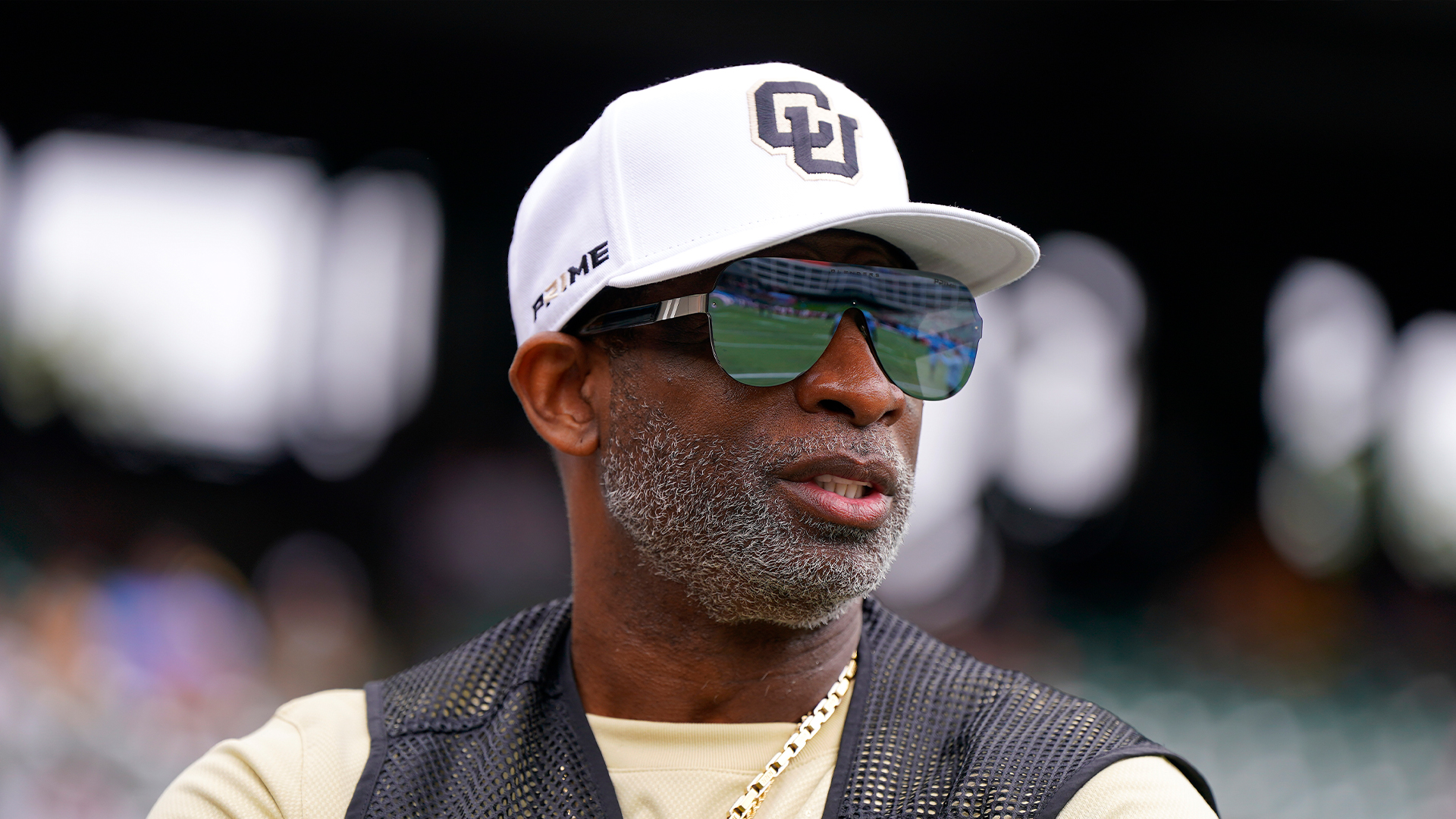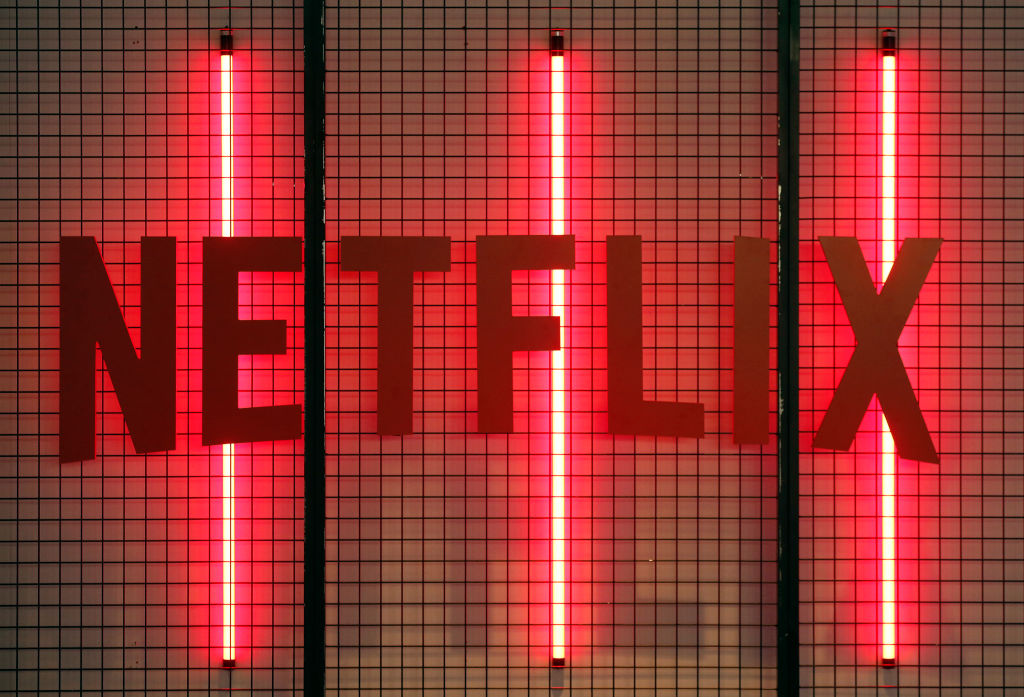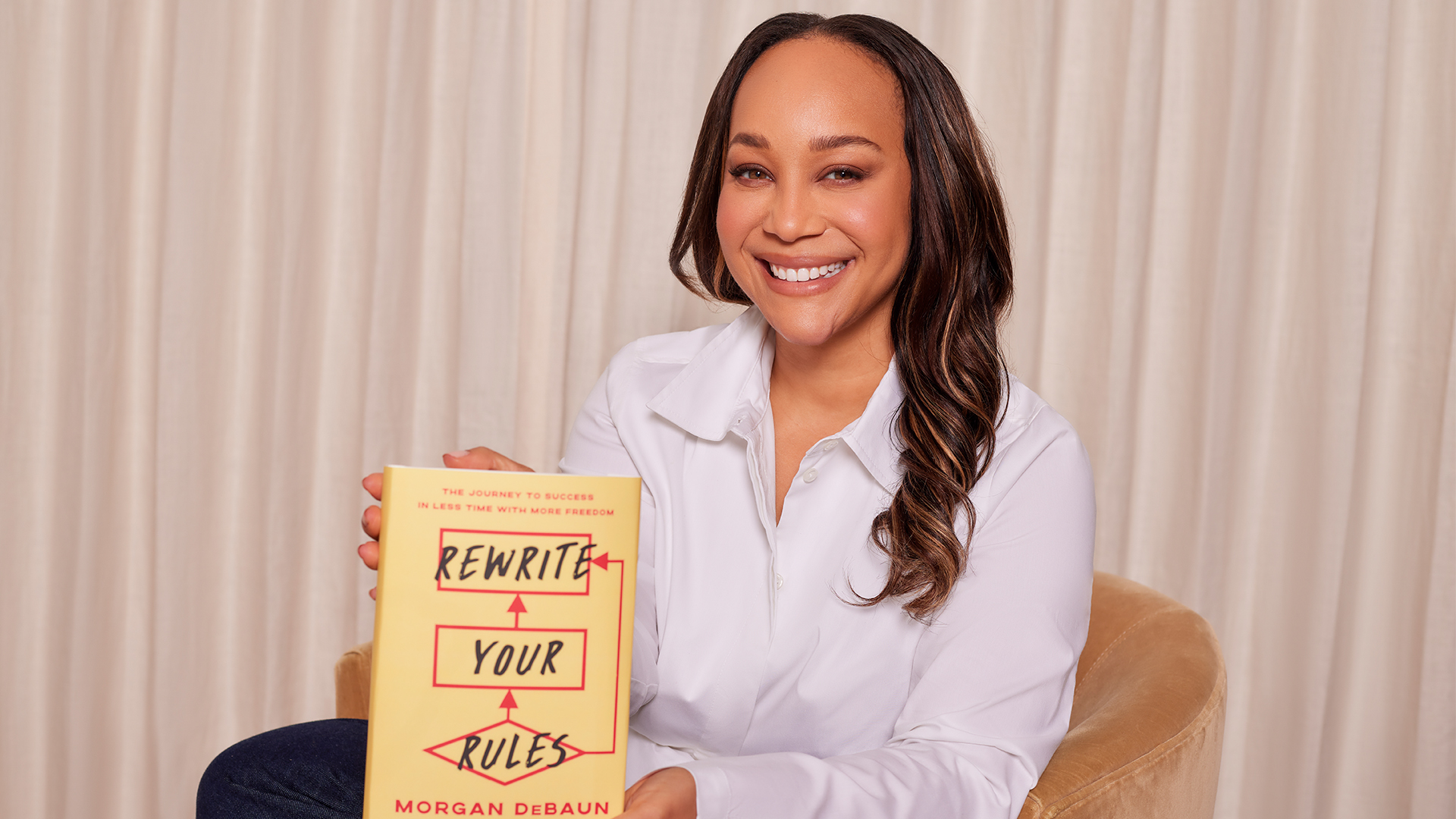Tasha K has lost her last appeal against Cardi B.
As Billboard reported, the “WAP” rapper — real name: Belcalis Almanzar — successfully petitioned the court to issue a permanent injunction against the YouTube blogger (real name: Latasha Kebe).
The permanent injunction requires that Tasha K remove all videos from her YouTube channel that defame or otherwise mention Cardi B in a retaliatory manner. In total, the blogger will be pulling down more than 20 videos — permanently — from her page.
Cardi B had previously petitioned the court for a permanent injunction after she was awarded millions of dollars in defamation damages (and legal fees) against the YouTuber, whom she said was an “ongoing threat” to her with her “disgusting lies.” And while Tasha K initially filed for an appeal against the “Bodak Yellow” rapper, she ultimately conceded that she would, in fact, have to comply with the injunction.
That said, Tasha K continues to appeal the verdict to a higher court. If she is successful in getting the verdict against her overturned, the permanent injunction would have to be lifted (It’s not clear, however, if the videos can go back up if the permanent injunction is lifted). Pending such an outcome, however, the videos must be permanently removed.
Let’s take a quick look at what all this “legalese” means for both Cardi B and Tasha K.
What is an injunction?
According to the Cornell University School of Law, an injunction is “a court order requiring a person to do or cease doing a specific action.” Per the law school, injunctions are usually issued by judges to legally stop a defendant (in this case, Tasha K) from doing a harmful action (in this case, publishing harmful videos attacking Cardi B).
A permanent injunction is issued as a final judgment in a case, and per Cornell University School of Law, is often issued when monetary compensation proves insufficient to the matter.
A brief overview of the Cardi B and Tasha K verdict
As AfroTech previously reported, Tasha K made a series of videos attacking Cardi B and making false, outlandish accusations against her. From accusing her of engaging in prostitution, to questioning the paternity of her latest child, Tasha K argued that her claims were protected under the First Amendment.
But according to the Cornell University School of Law, the First Amendment only protects you from the government arresting you for engaging in what’s considered “free speech” (which also includes freedom of the press, freedom of religion, freedom of assembly, and freedom of petition) — and not even the First Amendment is absolute (For instance, slander and libel — which is what Cardi B successfully accused Tasha K of — are not protected by the First Amendment).
The First Amendment does not preclude anyone from suffering the consequences of their actions, especially if said actions cause harm to a private party.
And that’s exactly what Cardi B successfully argued — and won.
